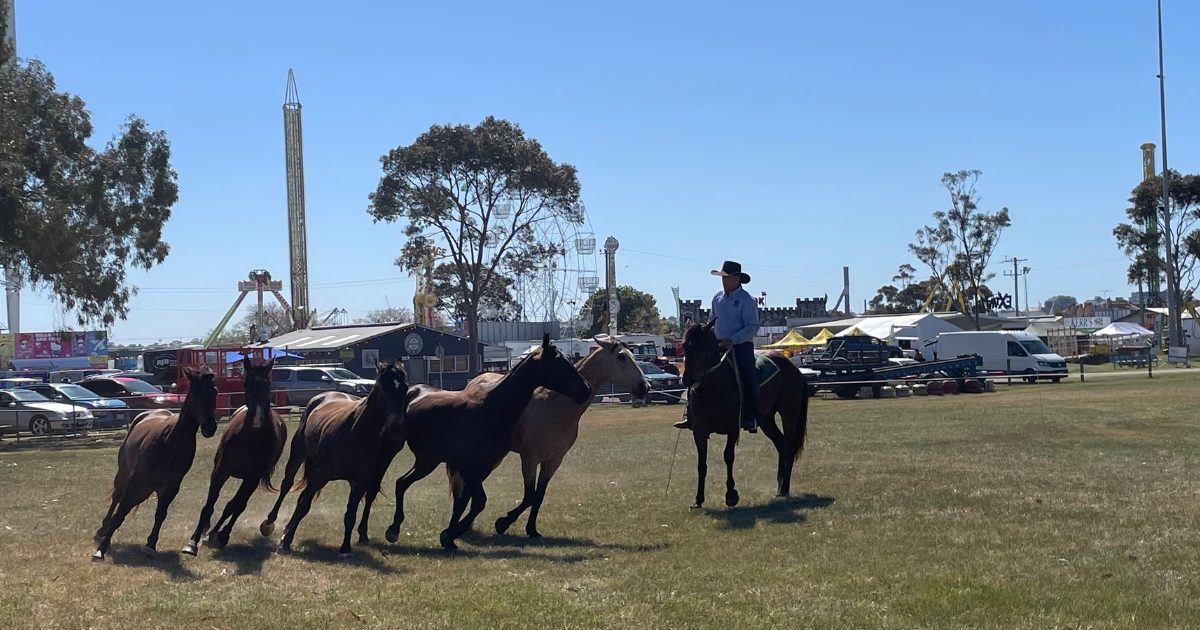City calls on wasps for help

Lady bugs and wasps will be released into the botanic gardens fortnightly to control pests. PHOTO: SUPPLIED
CHEMICAL pesticides have been shelved by the City of Greater Geelong which has found unlikely allies to help it exterminate unwanted pests in the botanic gardens.
The city will employ integrated pest management – an environmentally friendly approach which involves introducing predatory insects rather than
chemical pesticides.
Insects like encarsia wasps and lady bugs will be introduced every two weeks to control plant harming pests such as mites, white flies and mealy bugs.
Acting supervisor at the gardens, Sheree Parker, said the pests are on the plants when they get to the gardens and then thrive in the humid environment of
the conservatory.
“It is where we keep our tropical plants and it is really good space for bugs, because there is limited air flow,” she said.
“They can take over if the population gets to big.”
The plant-harming pests reproduce in large numbers and impact the environment by removing plant juices and piercing plant cells, resulting in the death of large numbers of plants.
Prospective garden goers will by relieved to note the wasps don’t sting and grow to only 0.7mm.
According to Ms Parker, the technique is becoming more popular.
 “People are wanting to try sustainable and organic approaches to pest control more and more,” she said.
“People are wanting to try sustainable and organic approaches to pest control more and more,” she said.
Greater Geelong Mayor Stephanie Asher said integrated pest management was a clever and creative way to control pests in the Geelong Botanic Gardens.
“The program is already having great outcomes for our greenhouse plants and will continue to be effective in managing pests without the use of pesticide chemicals,” she said.
Integrated pest management uses knowledge of pest lifecycles and ways pests interact with the environment to design strategies that eradicate pests in the gardens but avoid harming people and plants.
These microscopic insects are extremely effective in the IPM program and will have no impact on visitors who go to enjoy the Geelong Botanic Gardens, which are open from 8am to 7pm daily.

















